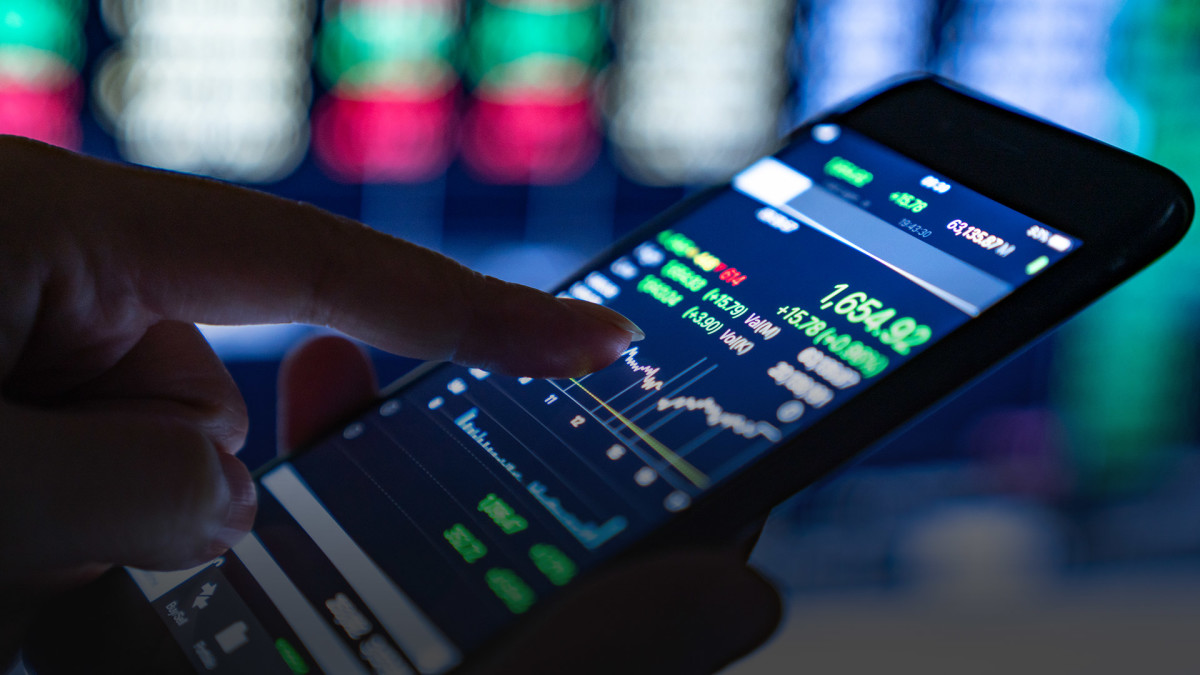
The media, right or wrong, helps to influence political views, opinions on sports, and now - with the rise of financial media - how you invest. Princeton’s Dr. Burton Malkiel joined TheStreet to explain how financial media can fuel investor mistakes.
Full Video Transcript Below:
SARA SILVERSTEIN: And what part does financial news, financial media contribute or play in bad retail, retail investor decision making?
BURTON MALKIEL: Well, I think, you know, look, investing there are two parts to investing. One is doing the right thing. And I've sort of described regular investing and index funds are the right thing. And to avoid doing the wrong thing. And what is the wrong thing? And the wrong thing would be to just get swept up in a wave of enthusiasm and where FOMO, fear of missing out means that you then have to go in with all of your money into the thing that is hot. And in some sense the media does contribute to that. Because look, what's the interesting story? The interesting story is Nvidia just gave a report and they blew away expectations. People expected them to double their sales and their sales more than tripled. And you then unfortunately, then the danger is that precisely when this does get over the top, when you do get from 1996, 1997 to the beginning of 2000, that you get swept into the market then. and that's where you make the mistakes and you also make the mistakes on the other side. Because look, trees don't grow to the sky. Markets also decline. And, you know, the market in 1987 fell by more than 20% in one day. And when that happens, the media gives you the headlines that the sky is falling.
During the 2007, 2008 financial crisis, you had the idea that the whole financial system was falling apart. And what did so many people do? Their emotions got a hold of them and they said, Oh my god, I can't stay in this market. I have to sell. And unfortunately, and we do have statistics that show this, that people tend to put more into the money just when it's going up, just when it's topping, just when people are very, very optimistic and people tend to take their money out of the market just at the times when all hell is breaking loose, there's a financial crisis and the sky is falling and it's the end of the world. And that's exactly the wrong thing to do. You're, you tend to buy at the top and sell at the bottom. And we see this in the data. If you look at mutual fund flows, when do most of the money, when does most of the money come into the mutual funds? When the market is hot. When does it flow out? When things are cool? When did, let's take an example. Let's take Cathie Wood's Ark funds. The money came in when the Ark was selling at $150. The money went out when it was selling at $30. And so people tend to do exactly the wrong thing. And so that's what I mean when I say the right thing is to just be a steady investor, buy index funds. And the wrong thing is to let your emotions get a hold of you and put more money in just when everyone's optimistic and to take it out, just when everyone's pessimistic, because invariably, that's going to be exactly the wrong thing to do.







